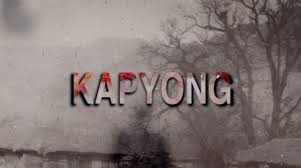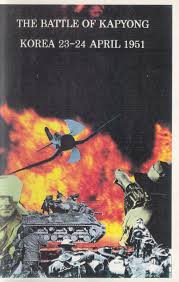"Yesterday the fierce fighting began and today the gallant soldiers and Nurses of the ROK, Australia and Canada were forced to withdraw after a gallant victory against insurmountable odds to defend the road to Seoul. We bless them and thank them who served, their...

Kapyong Day
read more

